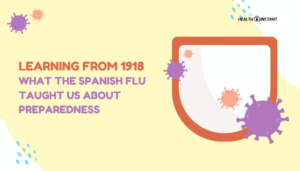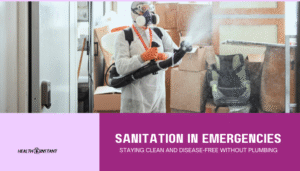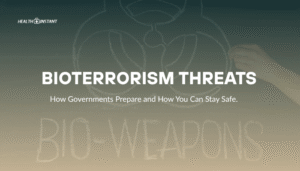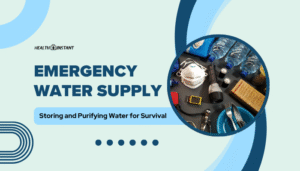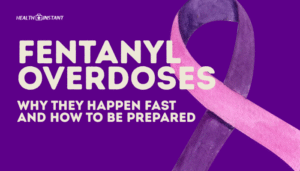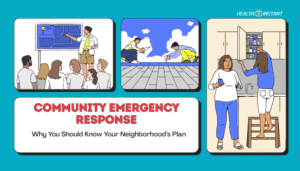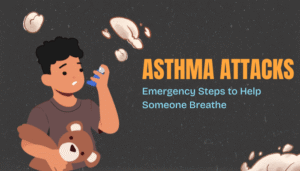Hospital Go-Bag: What to Pack in Case of an Unexpected Emergency Stay
Introduction An unexpected hospital stay can create anxiety for patients and their families. Preparing a hospital go-bag in advance can ease stress, save time, and provide comfort during urgent situations. This bag includes important documents, personal items, and items for...
Read MoreLearning from 1918: What the Spanish Flu Taught Us About Preparedness
Introduction The 1918 influenza pandemic, commonly called the Spanish Flu, was one of the deadliest global outbreaks in recorded history—claiming millions of lives worldwide. Although health infrastructure and scientific knowledge have improved immensely since then, the events of 1918 continue...
Read MoreSanitation in Emergencies: Staying Clean and Disease-Free without Plumbing
Introduction When disasters disrupt normal services, such as electricity or water infrastructure, everyday tasks like using the bathroom or washing your hands can become major challenges. Lack of proper sanitation can spawn disease outbreaks and escalate health risks. This guide...
Read MoreCold Weather Blackouts: Preventing Hypothermia When the Heat Goes Out
Introduction Winter power outages can transform a cozy home into a cold habitat in mere hours. Without a functioning heater, the risk of hypothermia rises—especially for older adults or infants. By planning ahead, dressing in layers, and practicing safe heating...
Read MoreBioterrorism Threats: How Governments Prepare and How You Can Stay Safe
Introduction Bioterrorism involves the deliberate release of viruses, bacteria, or other germs to cause illness or death in humans, animals, or crops. Though rare, the potential impact of such an event can be significant—disrupting healthcare systems, causing panic, and threatening...
Read MoreEmergency Water Supply: Storing and Purifying Water for Survival
Introduction During a disaster—like hurricanes, earthquakes, or widespread power outages—access to clean water can vanish quickly. Without a consistent supply of safe drinking water, dehydration and illness can set in fast. Preparing a reliable water reserve and understanding how to...
Read MoreFentanyl Overdoses: Why They Happen Fast and How to Be Prepared
Introduction Fentanyl—a synthetic opioid up to 50 times stronger than heroin and 100 times stronger than morphine—has led to surging overdose rates worldwide. Because of its high potency and quick onset, using fentanyl in even small doses can rapidly depress...
Read MoreCommunity Emergency Response: Why You Should Know Your Neighborhood’s Plan
Introduction Natural disasters and emergencies—wildfires, floods, earthquakes, or pandemics—can strike any community with little warning. While individual preparedness (like having a go-bag) is crucial, collective readiness within your neighborhood amplifies safety and resource-sharing. A well-structured community emergency response plan ensures...
Read MoreMental Health First Aid: Supporting Someone Through Panic or Trauma
Introduction Mental health crises such as panic attacks or acute stress reactions can be alarming—for both the individual experiencing them and the people around them. While professional care is essential for deeper treatment, immediate support from bystanders, friends, or family...
Read MoreAsthma Attacks: Emergency Steps to Help Someone Breathe
Below is a concise guide on how to help someone experiencing an asthma attack. These steps can stabilize breathing until professional care is available. Recognize the Signs Wheezing: High-pitched whistling sound when exhaling. Breathing Difficulty: Rapid, shallow breathing; may struggle...
Read More

